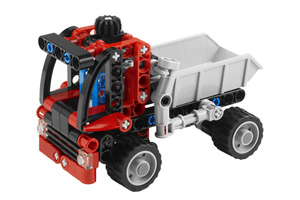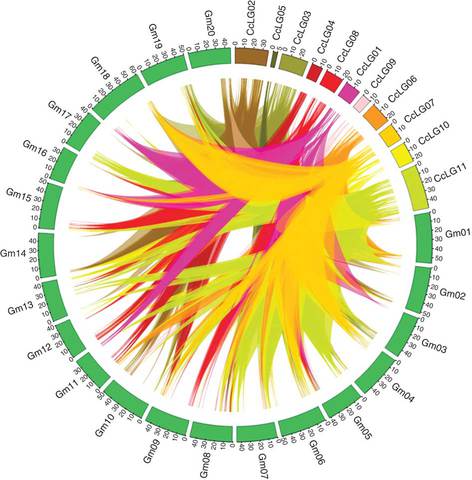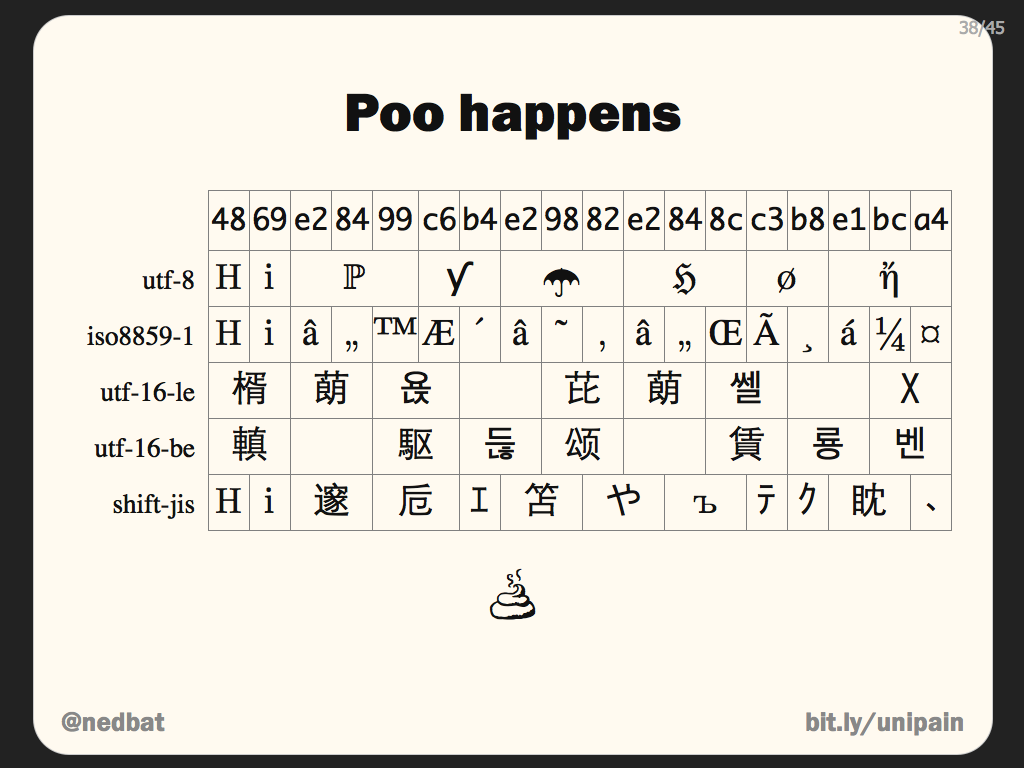

I wrote a book!
So, following previous blog entries about importing fixed width data, from Postgres Online Journal and David (perl) Fetter, I couldn’t resist following the meme and showing how to achieve the same thing with pgloader.

Yes. This pgloader project is still maintained and somewhat active. Development happens when I receive a complaint, either about a bug in existing code or a feature in yet-to-write code. If you have a bug to report, just send me an email!



So, if you followed the previous blog entry, now you have a new database
containing all the
static tables encoded in
UTF-8 rather than
SQL_ASCII. Because if it was not yet the case, you now severely distrust
this non-encoding.
Now is the time to have a look at properly encoding the
live data, those
stored in tables that continue to receive write traffic. The idea is to use
the
UPDATE facilities of PostgreSQL to tweak the data, and too fix the
applications so as not to continue inserting badly encoded strings in there.

